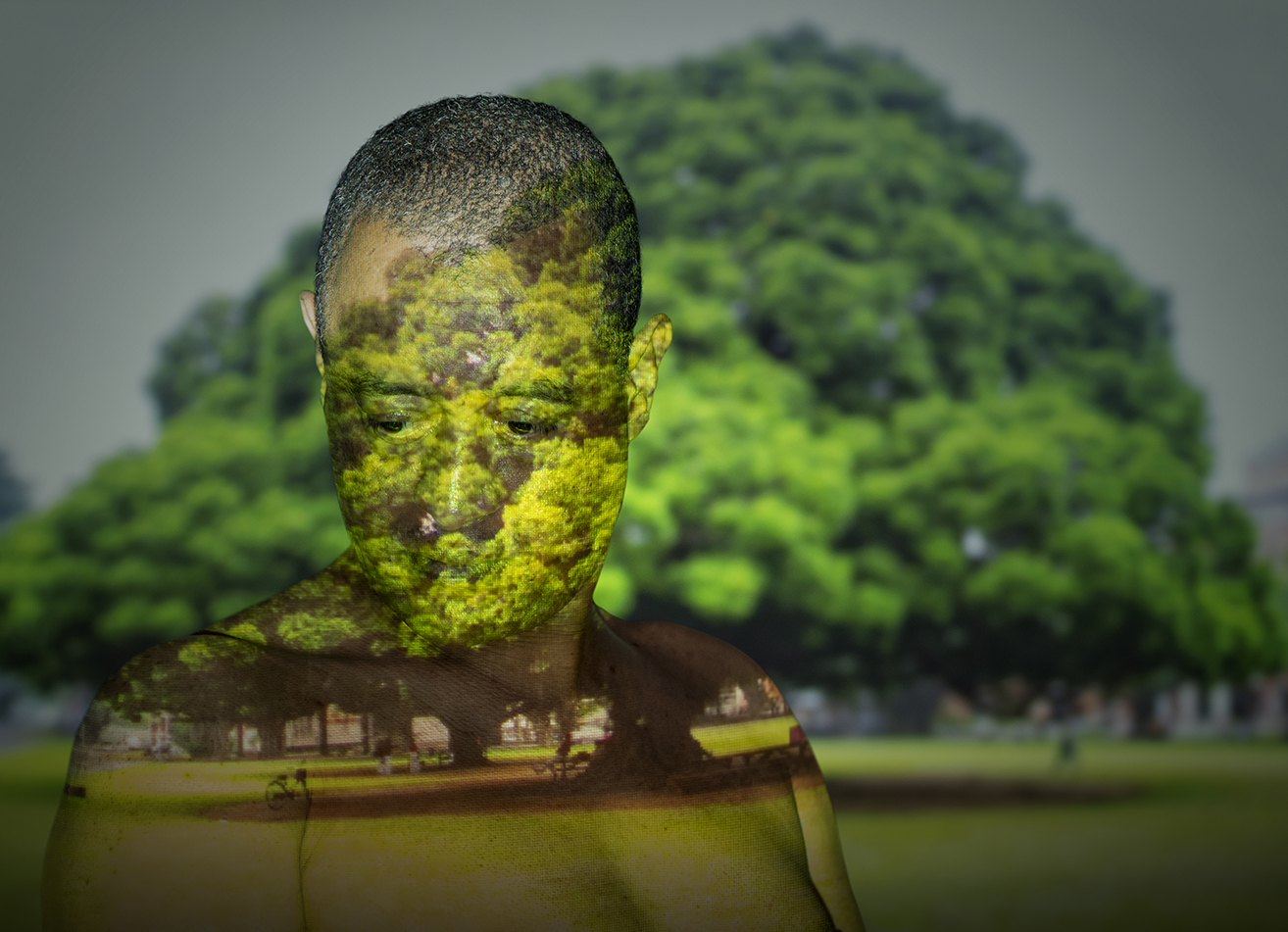Tekolla Tatek Goshu, Ethiopia

“I am an ethnic Oromo. We make up about 40% of Ethiopia’s population yet we face wide-spread discrimination and violence and have long been targeted by successive Ethiopian governments. Oromos have been threatened, murdered, and imprisoned for sympathising with the Oromo national movement. I have always believed that violence yields more violence. My desire for democracy and human rights, and my belief in the peaceful struggle to change this situation became the fuel for my political activism. This political activism put me under the surveillance of the Ethiopian government security forces. It led to me being denied government jobs, being arrested three times, and being severely tortured two times. When I worked for UNICEF and a Dutch NGO on HIV prevention and maternal health, I exposed corruption and human rights abuses by the Ethiopian government, putting my life in danger. In 2016, I escaped from Ethiopia, leaving behind my beloved wife and two children.
I chose a photo of the Odaa Tree to be projected onto me. I see the Odaa as a symbol of the Gada System which is a type of social stratification created by the Oromo community. We have been using this century-old tradition to solve complicated social, political, and criminal problems that occur in the community. This big shady tree is a representation of a community gathering place in times when there were no modern meeting halls. I have some hope for the future of Oromos and other Ethiopians now that Ethiopia has new political leadership.”